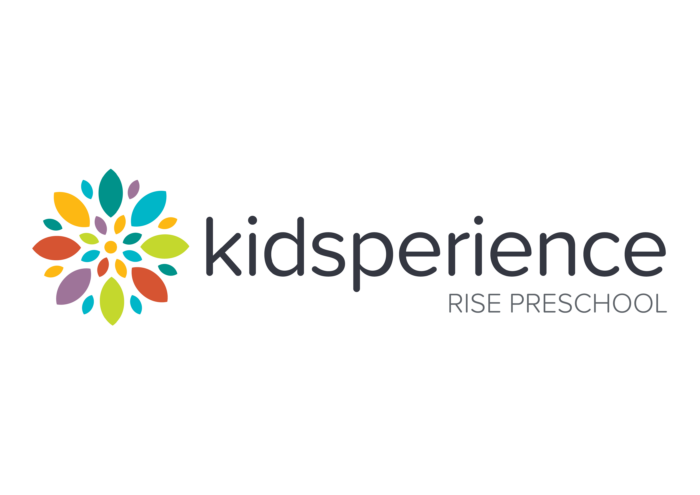Understanding Behaviour and How to Respond


Young children are an endless source of wonder, curiosity, but, let’s face it, not always so straight forward. At this stage, children are exploring their independence, learning to communicate their needs, and testing boundaries. While some behaviors can feel challenging for parents, understanding what’s developmentally appropriate can make a big difference in how you respond. Let’s dive into some common early years behaviours, why they happen, and how to handle them with patience and positivity.
Common Behaviours and Why They Happen
Defiance and Saying “No”
Young children are learning that they have opinions and preferences (which is great!) and saying “no” is their way of asserting independence. While it can be frustrating, this defiance is a natural part of developing autonomy.
“Tantrums”
Emotional outbursts (which is a more accurate way of referring to such instances) happen because children are still developing self-regulation skills. They don’t yet have the vocabulary to express big feelings like frustration, disappointment, or fatigue. Emotional outbursts often occur when a child is overwhelmed, hungry, tired, or facing a new challenge.
Testing Boundaries
Children this age are curious about cause and effect. They test limits to see how the world works and to understand the rules. For example, your child might tip out a box of toys right after you’ve asked them not to. They aren’t trying to upset you—they’re experimenting with their environment.
Whining
Young children often whine when they feel powerless or need attention. They’re seeking reassurance that their needs will be met. This behavior is a signal that they need connection or redirection.
Curiosity-Driven Messes
Pouring flour on the floor, dismantling a remote control, or drawing on walls—these are not acts of mischief but signs of an active, inquisitive mind. Young children are natural scientists, eager to explore textures, functions, and their creativity.
How to Respond with Understanding and Positivity
Stay Calm and Consistent
Young children look to adults for cues on how to react. If you stay calm during challenging moments, it teaches them that emotions can be managed. Consistency in your responses helps children understand what is expected of them.
Example: If your child refuses to put on their shoes, stay firm but kind: “I know you don’t feel like it, but we need to put our shoes on to go outside.”
Set Clear and Simple Rules
Use language your child can understand, and keep instructions short. For example, “Toys stay on the table” or “We use gentle hands.” Repetition is key. It might take multiple reminders before your child follows a rule consistently.
Offer Choices
Giving young children a sense of control can reduce power struggles. Offer two acceptable options, such as, “Would you like to wear your blue shirt or your red one?”. This approach satisfies their need for independence while allowing you to maintain control.
Validate Their Feelings
Let your child know it’s okay to feel upset, even if their behavior isn’t acceptable. This teaches emotional intelligence.
Example: “I see you’re angry because you wanted more time to play. It’s okay to feel upset, but it’s not okay to hit.”
Redirect and Distract
If a behaviour isn’t harmful, try redirecting your child’s attention to something else. For example, if they’re climbing on furniture, suggest a safe alternative: “Let’s use your step stool to reach up high.”
Use Positive Reinforcement
Catch your child being good and praise their efforts. This encourages them to repeat the behavior.
Example: “Thank you for sharing your toys with your friend. That was kind!”
Provide Predictable Routines
Young children thrive on routines because they provide a sense of security. Consistent mealtimes, bedtimes, and playtimes help reduce challenging behaviors.
Teach Through Play
Use playtime as an opportunity to model and practice desired behaviors. Role-playing with toys can help your child learn problem-solving, sharing, and cooperation.
When to Seek Additional Support
While most challenging behaviours in children are normal and part of development, some situations may require professional guidance. If your child exhibits extreme aggression, has difficulty calming down even with help, or seems unusually withdrawn, consider speaking with a pediatrician or child psychologist. Early intervention can be beneficial.
Understanding behaviour is about seeing the world through their eyes. Every defiant “no,” messy experiment, or emotional outburst is an opportunity to guide your child’s growth. By responding with empathy and consistency, you can help your child navigate their emotions, develop self-control, and build the foundation for positive lifelong habits.
Remember, your calm and loving approach today lays the groundwork for your child’s confidence and resilience tomorrow.

